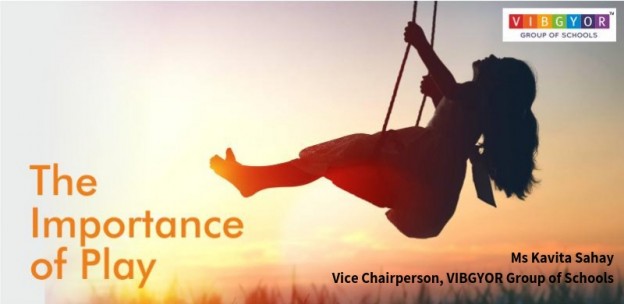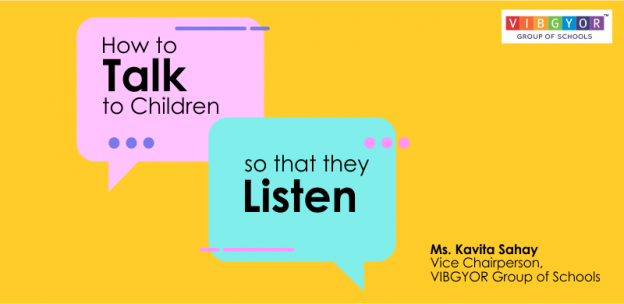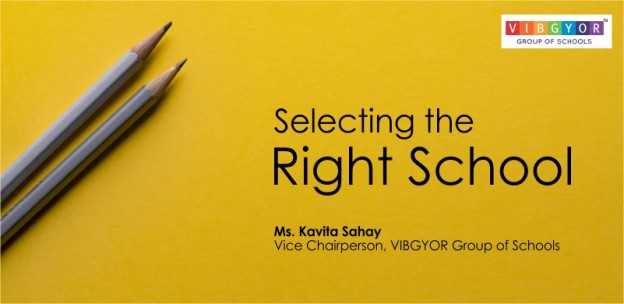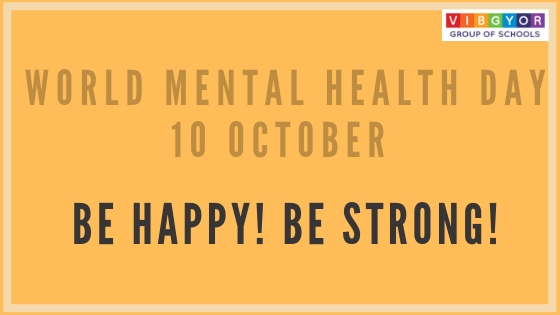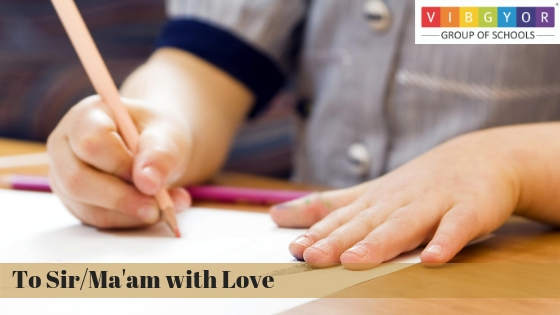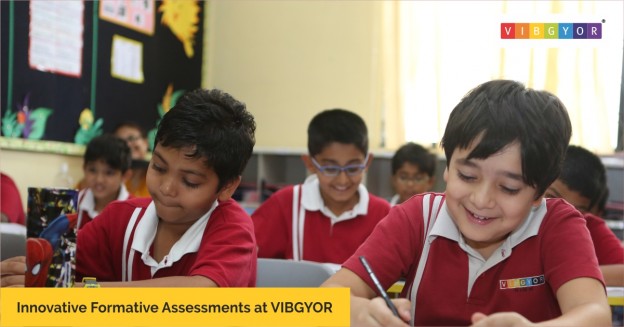Children should spend a good amount of time playing outside the house. This is an age old truth that we, in the 21st Century, seem to have forgotten. Our children nowadays either spend time cooped up at home using devices which lead to screen addiction or are bundled off to various classes and sent for activities and events which may or may not really be beneficial to them. Where is the time to play then?
The saying, ‘All work and no play makes Jack a dull boy’, holds so true in a majority of cases. The freedom and joy of playing outdoors unfettered by any stifling rules and restrictions, the sense of exhilaration in running around, and indulging in games such as Hide ‘n’ Seek, Hopscotch and many others, even playing sports such as cricket, volleyball and many more, is lost to countless children. So much so that of late doctors have been prescribing play to children of varying ages.
Play is now considered as much needed therapy for children who need some time off to be by themselves and discover the pleasures of the great outdoors. Just a few needful rules to be adhered to such as the common sense ones of respecting the other children they are playing with, not doing dangerous stunts, and not taking unnecessary risks. These are a few common sense rules which children innately understand are for their own good.
The United Nations High Commission for Human Rights has recognised that play is crucial to the development of children and it is their birthright. Sedentary lifestyles, reduced play time, more time being spent on gadgets and handheld devices are a few reasons which are the cause of low self esteem among many children and play could alleviate these to a large extent.
Play enhances and promotes physical, psychological, social and emotional well being. It strengthens the parent child bond if the parents get actively and constructively involved in their children’s play time. It is not a prerequisite that parents should play with their children. What is important is the quality not quantity of time that parents spend with their children. Even just monitoring play time and ensuring that their children are leading a balanced life vis a vis play, would be of immense help.
So, what really are the tangible benefits of play? Well, children learn practical trouble shooting and problem solving skills, they blend in with their peers, become aware of cultural, gender, and other differences and respect them; they improve their social skills and speaking, and listening and understanding skills are honed. Creative talents are unearthed, leadership roles come into prominence and even career goals can be set through play, as children become clear about what they want in and from life. Parents too will benefit from this as they become closer to their children.
Hence, encouraging children to play would be one wise move which 21st century parents should make in the best interests of their children.
